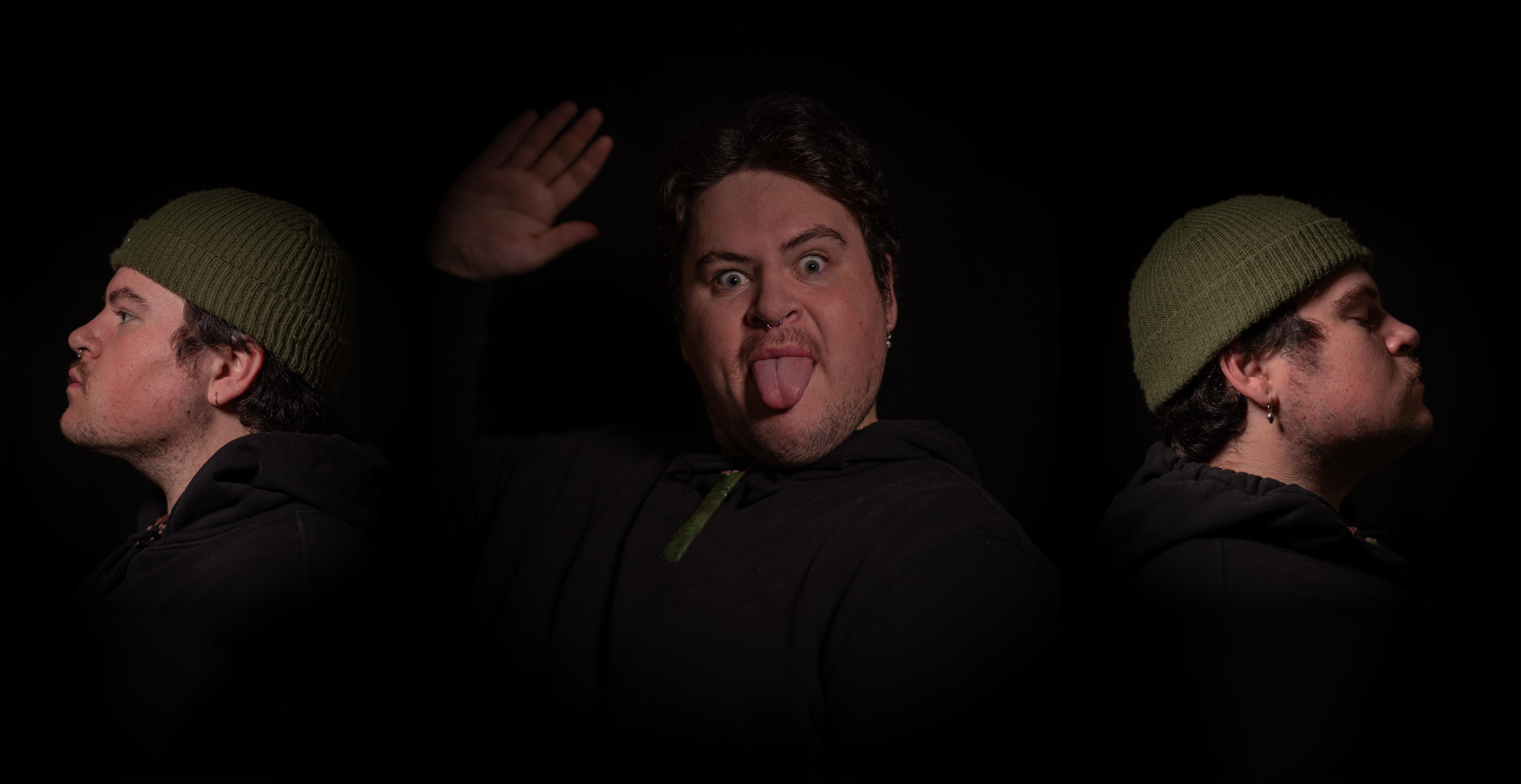
Kia ora e te whānau, nau mai haere mi ki te wiki o te reo Māori me Nukutawhiti. Ko te kaupapa mō tēnei wiki ko te kaupapa Māori, engari ki tōku nei whakaaro, he whakaaro mo te tau katoa. Ko te wiki o te reo māori, nā wai i kī? Nāu? ēhara nā te iwi kē. Kua whakarikihia e au te kaupapa i mua i a koutou. No reira, me tukuna mai ou whakaaro hei pānui mō tō tātou karere a Nexus.
Welcome to Nukutawhiti if it is your first time experiencing Nexus at its absolute finest. Welcome back to those with us for the third year of this special kaupapa. It’s my pleasure this year to head this fine magazine, and to lead it into battle with another amazing instalment of tauira Māori doing what we do best. For me, I wanted to approach this editorial head on and discuss 50 years on since Ngā rōpū tautohetohe; the impact the Reo Māori petition has had and will have on us as tangata whenua.
Much like many of you I struggle with feeling Māori enough (shoutout to Maija’s mahitoi) and inserting myself into Māori kōrero, speaking te Pākehā Māori as means of understanding who I am and even becoming a part of the wider kōrero surrounding growth as tangata whenua. Even my whakaahua you see above this, amplifying my Māori-isms to garner some sense of belonging. We’re all equal though, and we want the same thing. We’re not alone in this battle, and here’s some important dates and pārongo you should remember:
Early land protests included petihana, land occupations and removing survey pegs. Pan-iwi movements such as the Kīngitanga me Kotahitanga were set up to advocate on land issues.
In 1975 Whina Cooper led the documented hīkoi from Te Tai Tokerau to Pāramete, in retaliation over land lost.
Ngāti Whātua occupied Bastion Point, Tāmaki Makaurau, for 506 days in 1977–78. The land was later returned, given back to the once proud kaitiaki of that whenua. Kaiwhakahē have also occupied whenua at Raglan, Pākaitore, and Ngāwhā.
In 1972 a petition to have the Māori language taught in schools, signed by 30,000 people, was presented to Pāramete.
In 1979 a Māori group stopped University of Auckland engineering tauira performing a mock haka.
In the 2000s, protesters successfully attempted to have the tino rangatiratanga flown on the Auckland Harbour Bridge.
We must give respect and aroha to those that fought long before us, to those that put their lives on the line in an effort to secure our futures as tangata Māori within Aotearoa. We must give thanks to our Tūpuna, our whakapapa, for allowing us kaiora and the voices to evoke change in this country. We’re the future of what’s right – and this is no meek feat as we navigate the rocky waters to secure a positive future for our tamariki.
I wish to ask my Tūpuna if I’m doing enough, if I am enough, or even if navigating the world of being Māori with relevancy. I know there’s mana in everything I do and who I am but we can always grow, my friends. As Māori, or as people, we should never stop growing and developing or then we’d become complacent without regard for those before and those to come. Be ever-changing and support the locals. Oh and obviously, landback e mara. Tihei mauri ora!